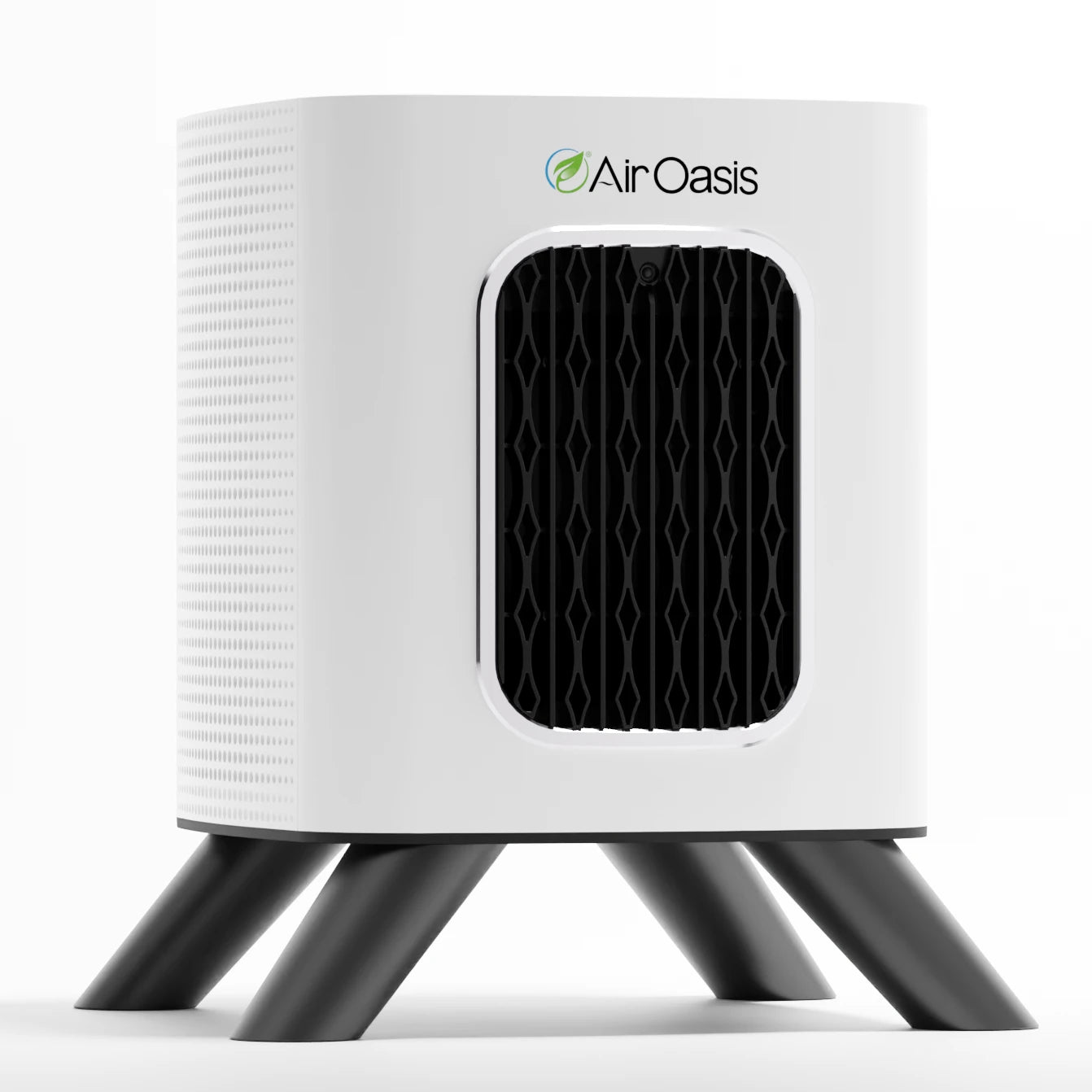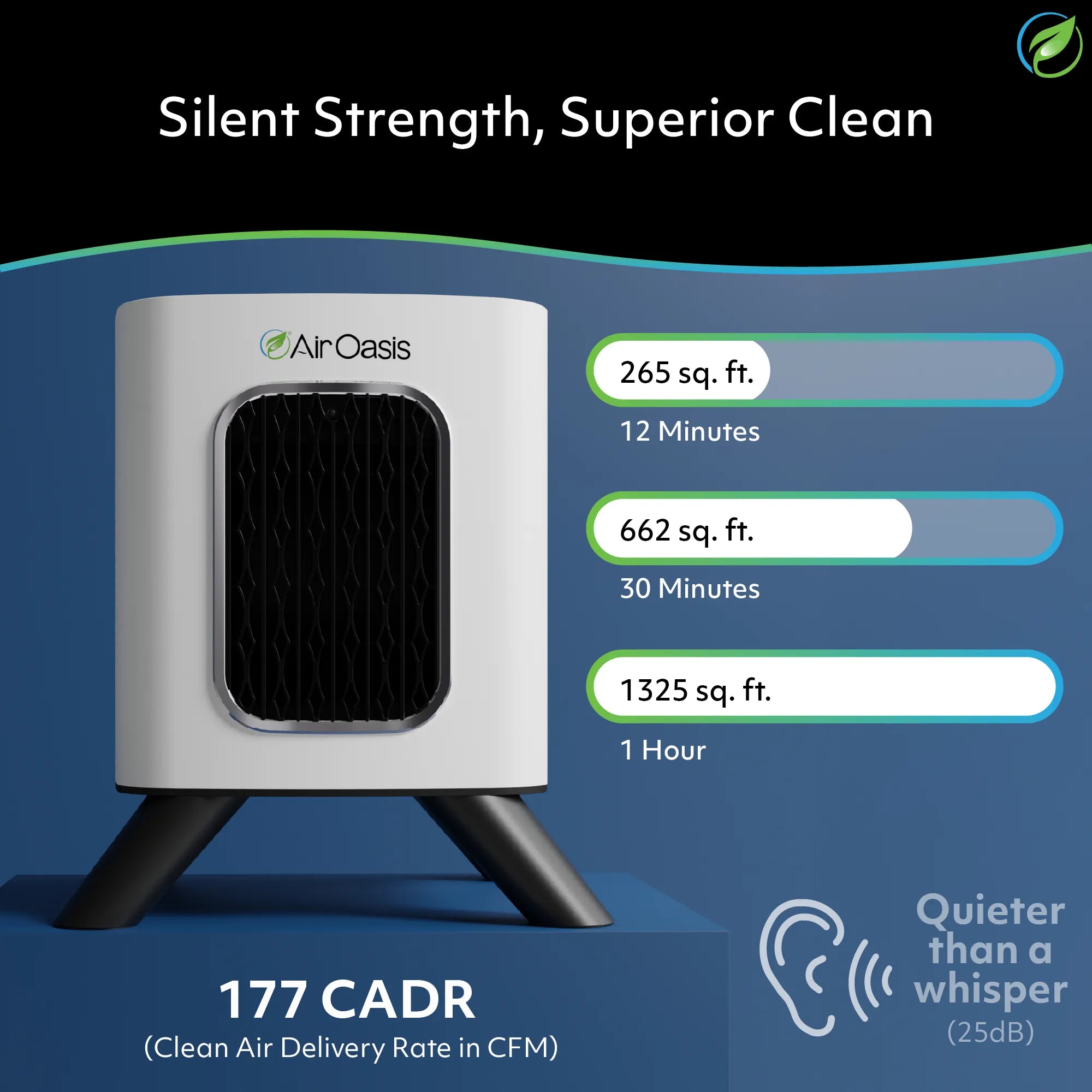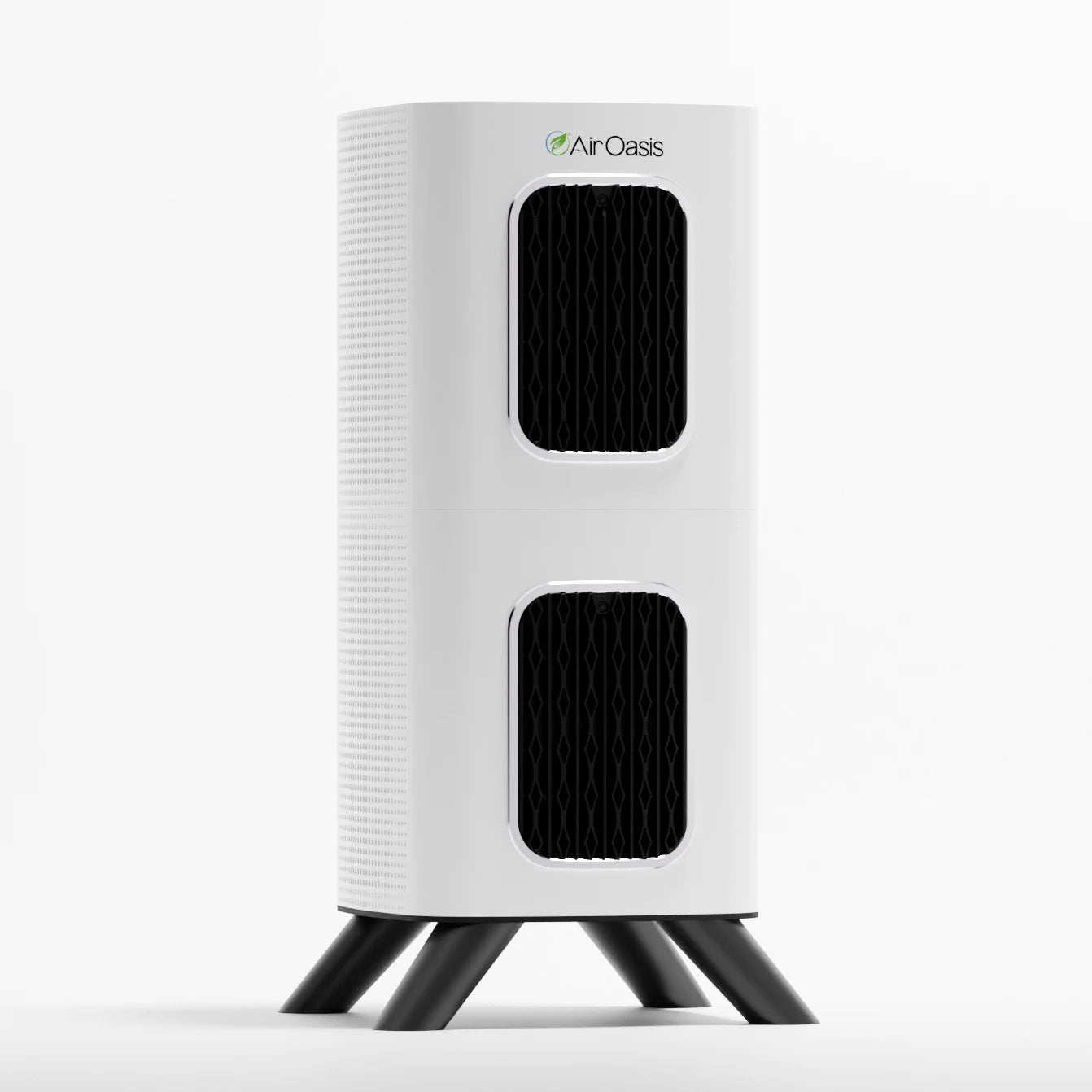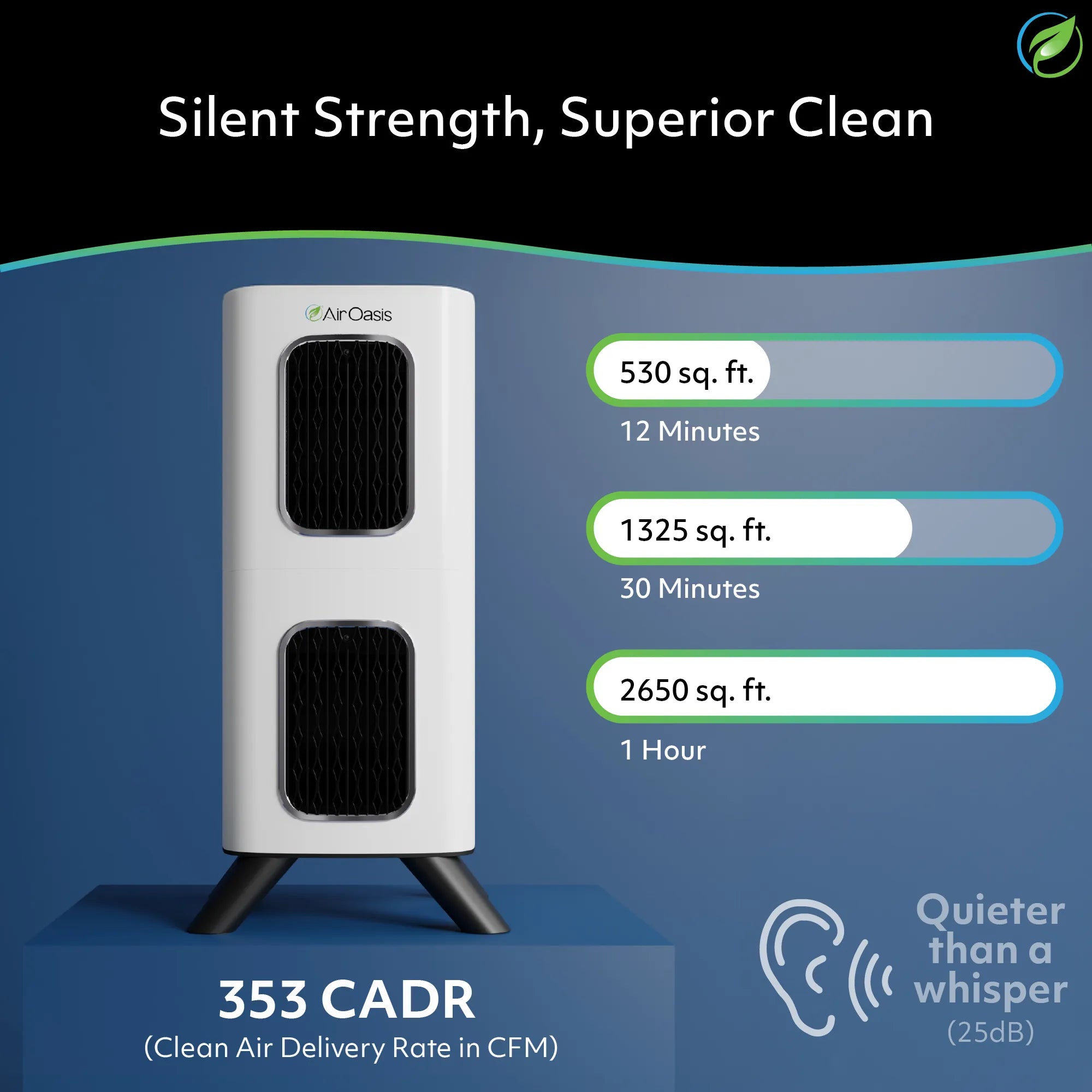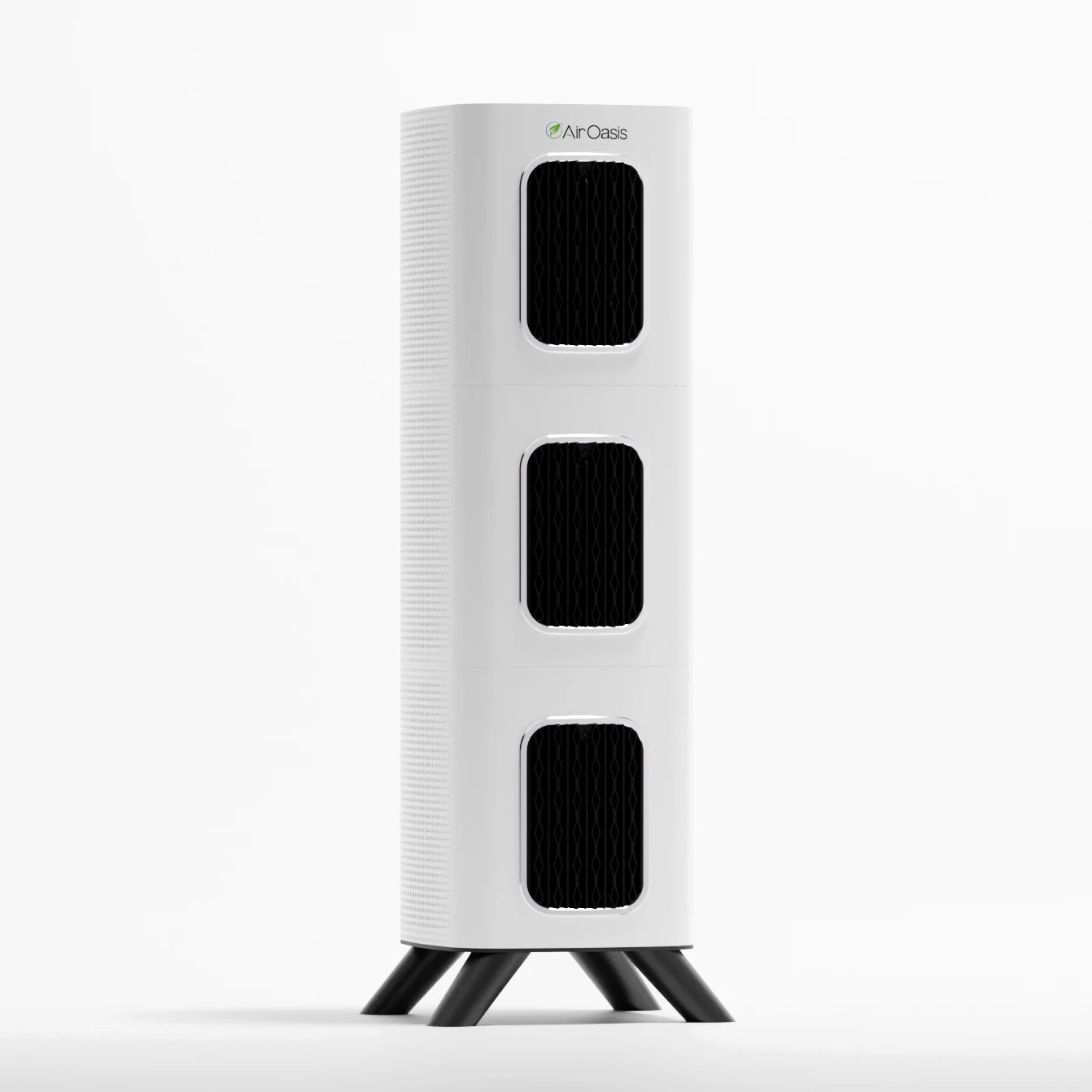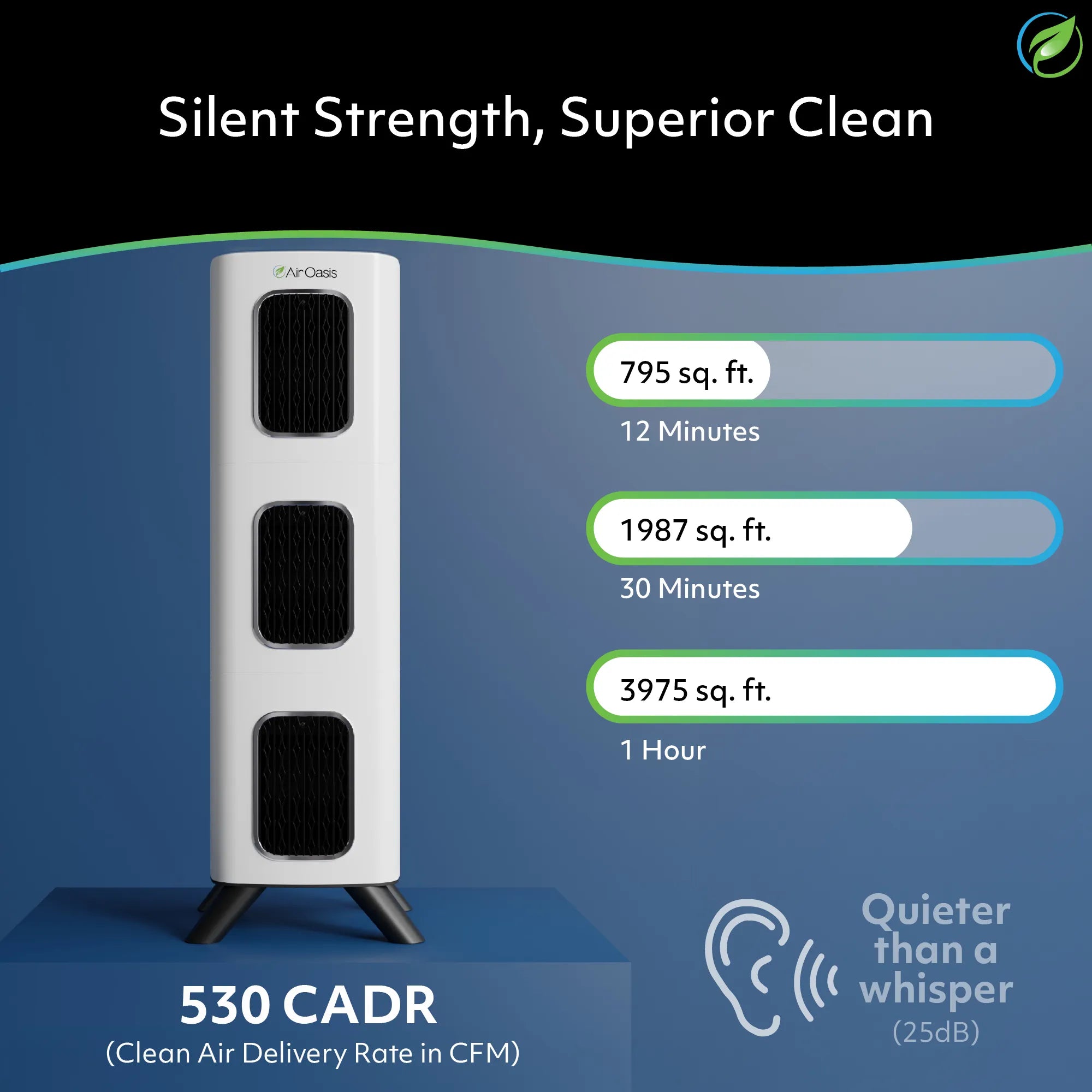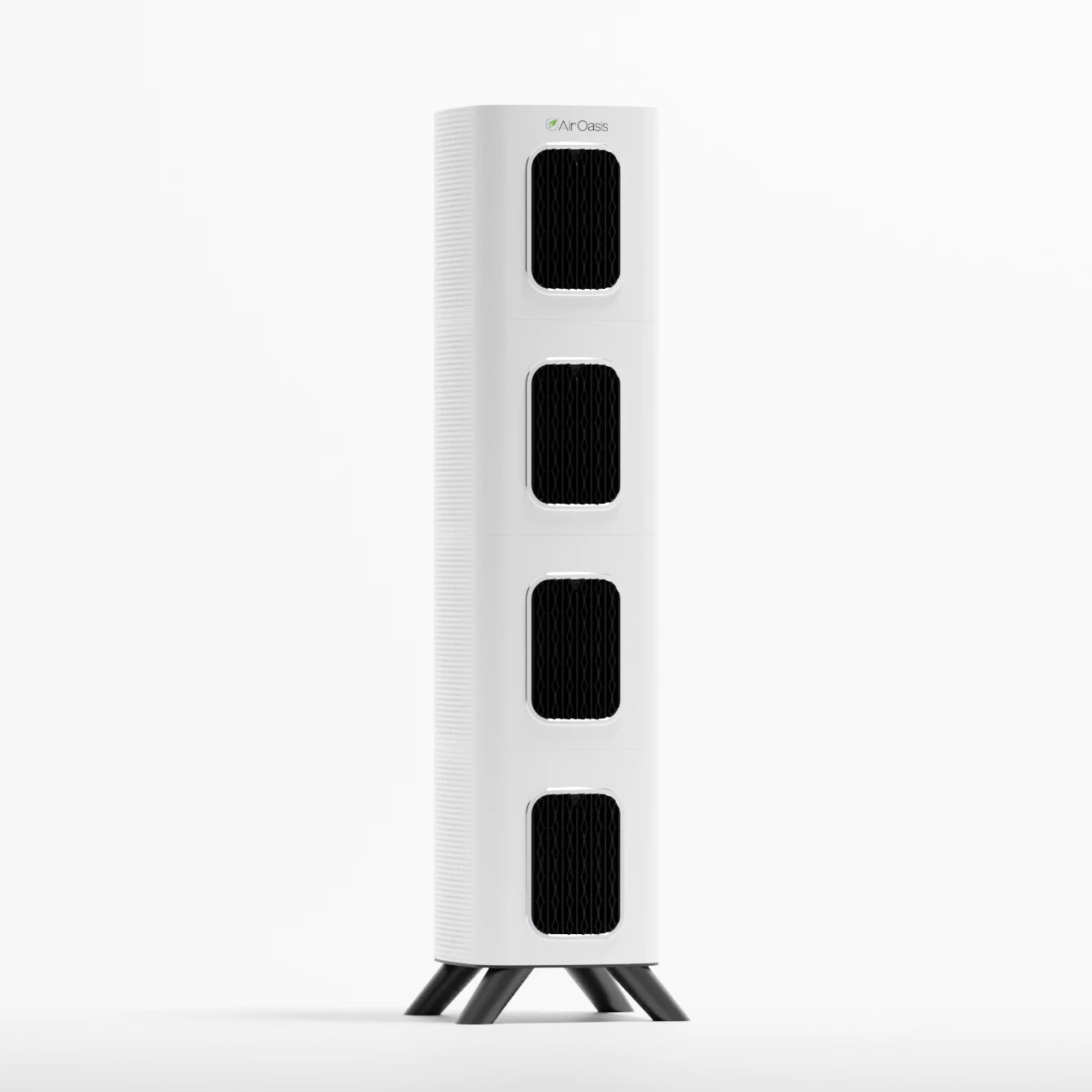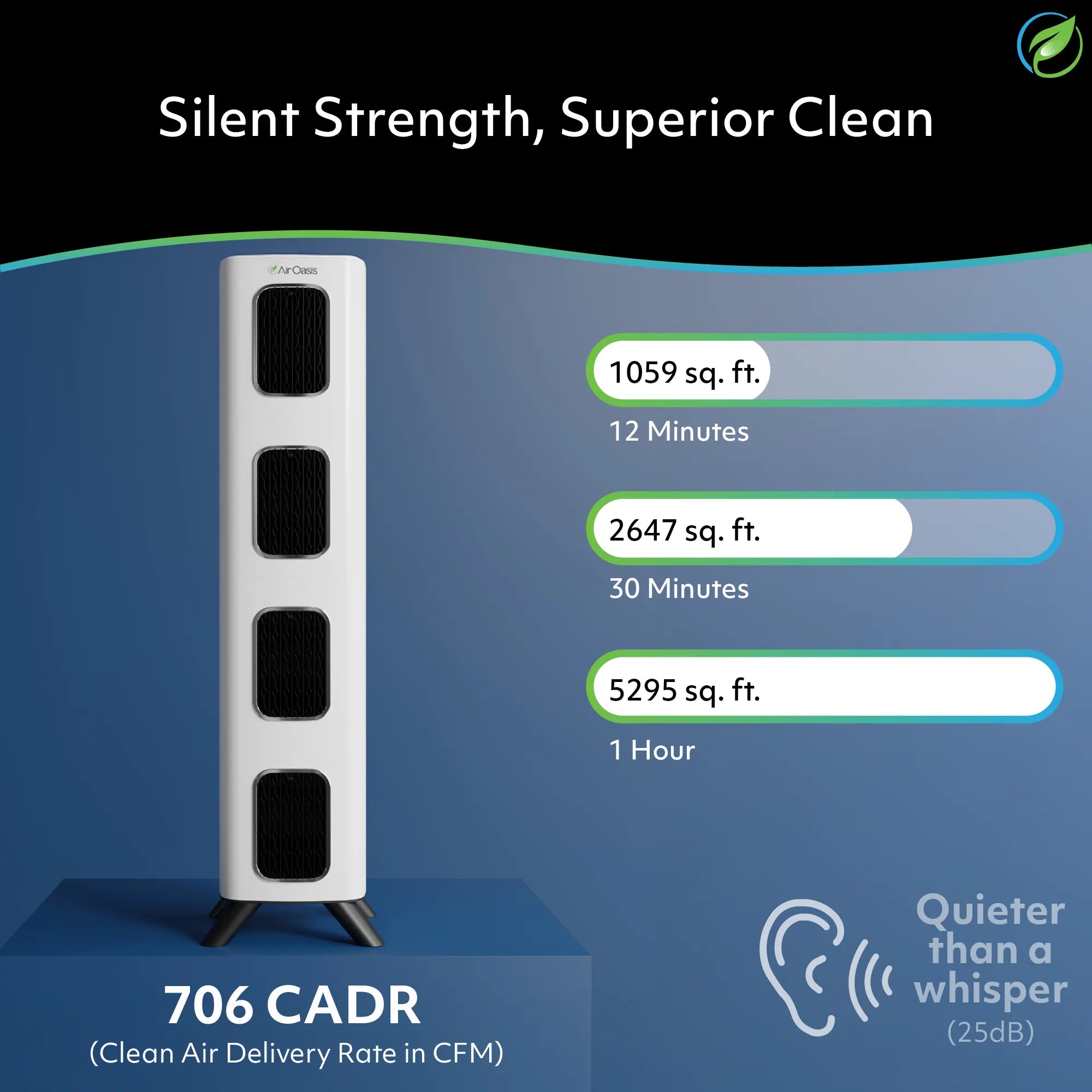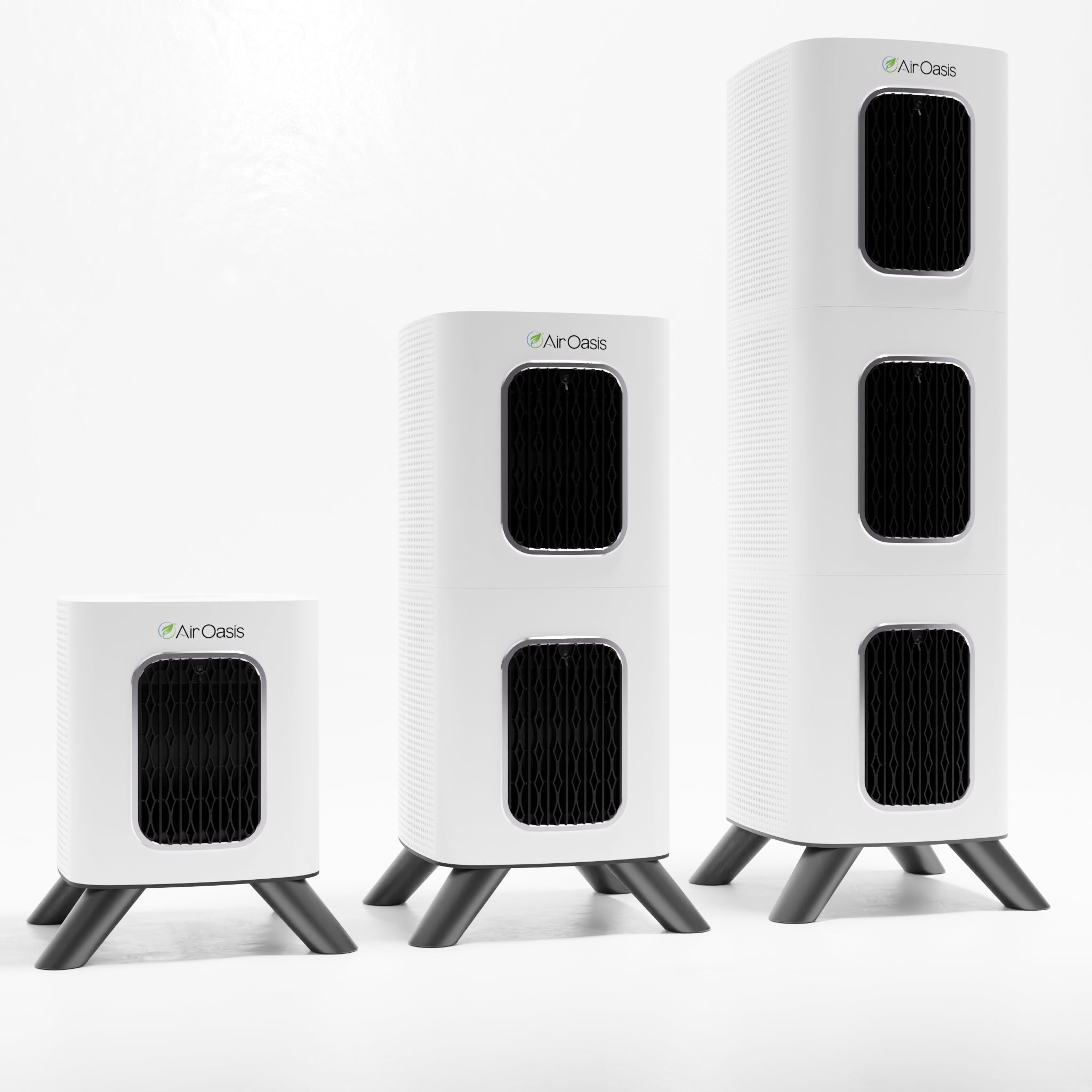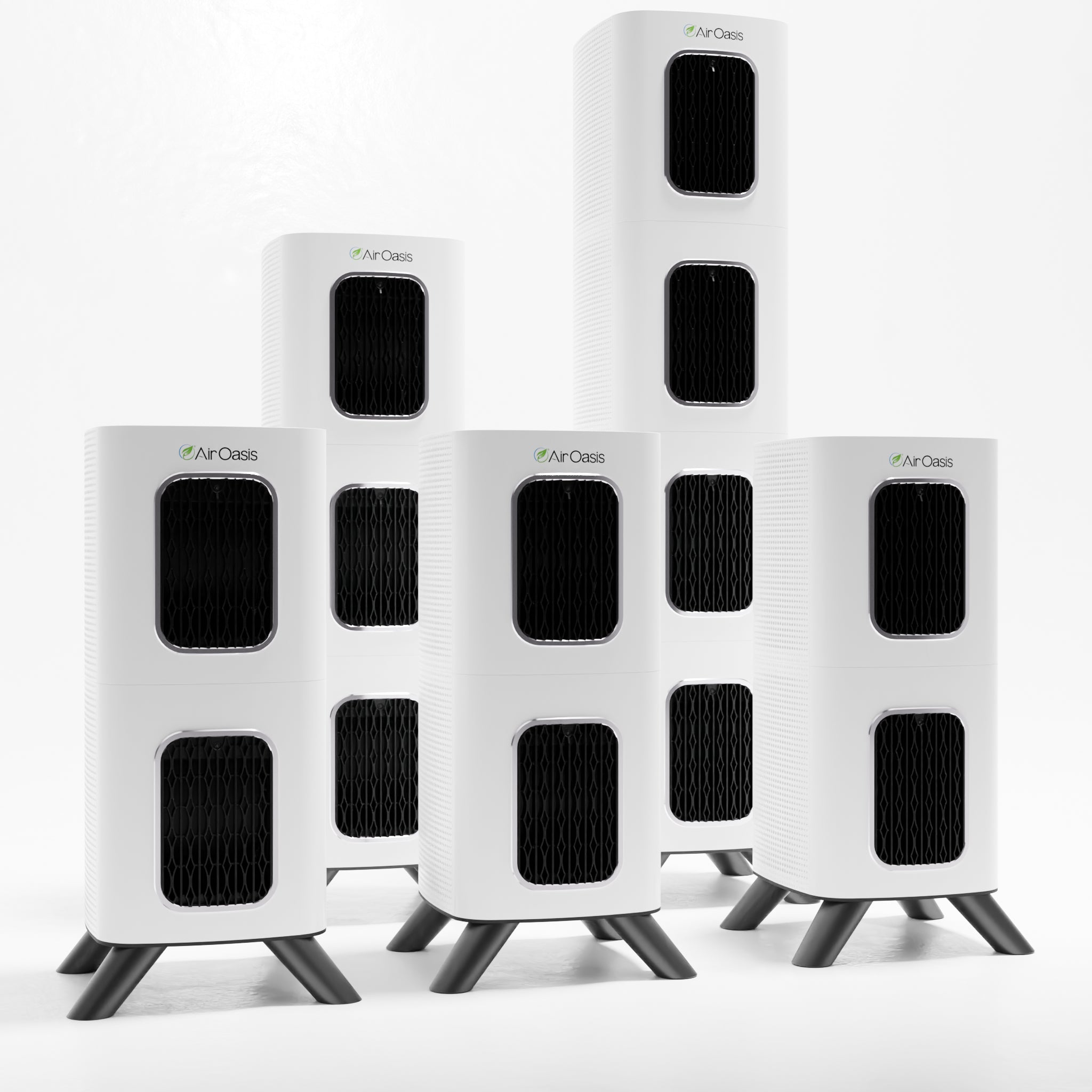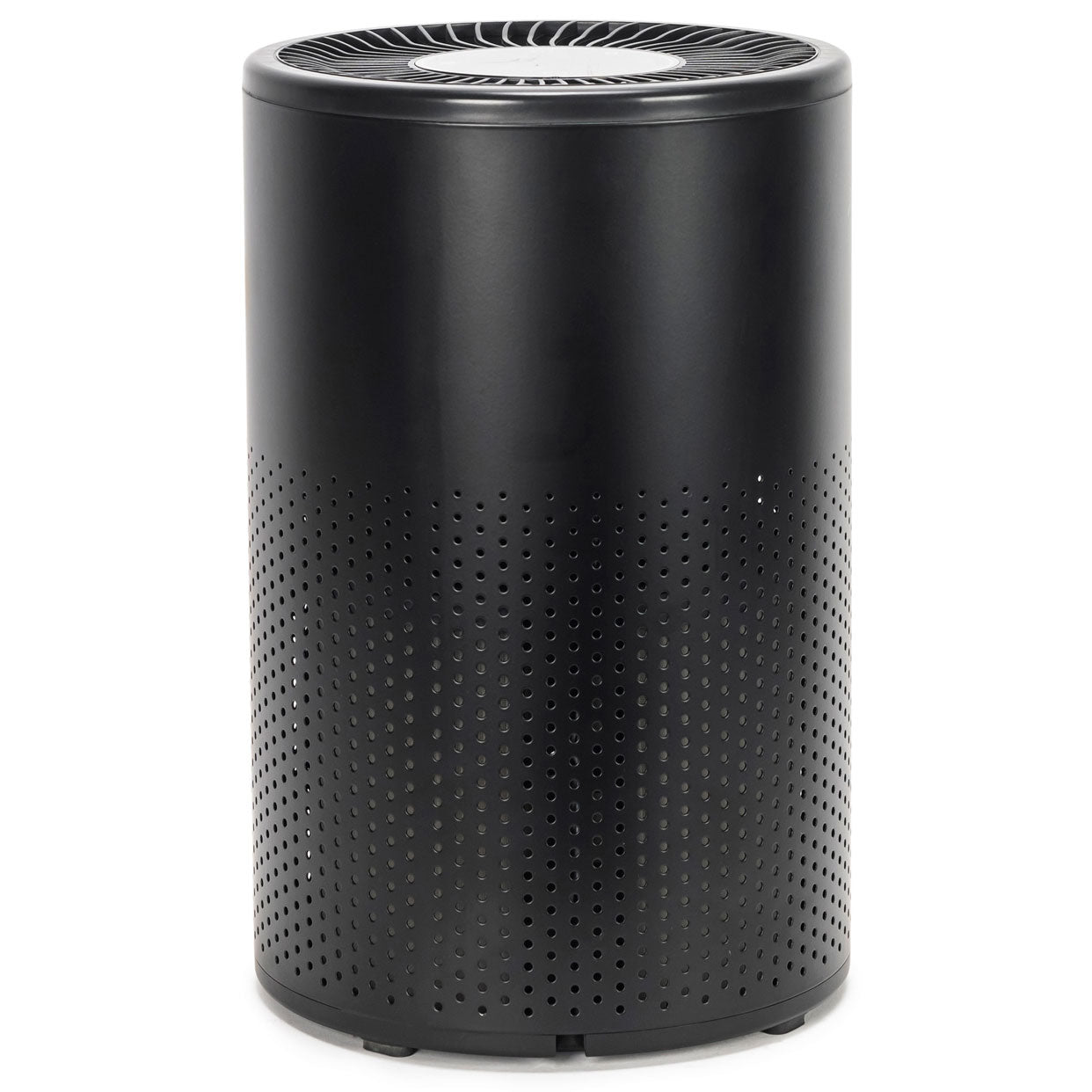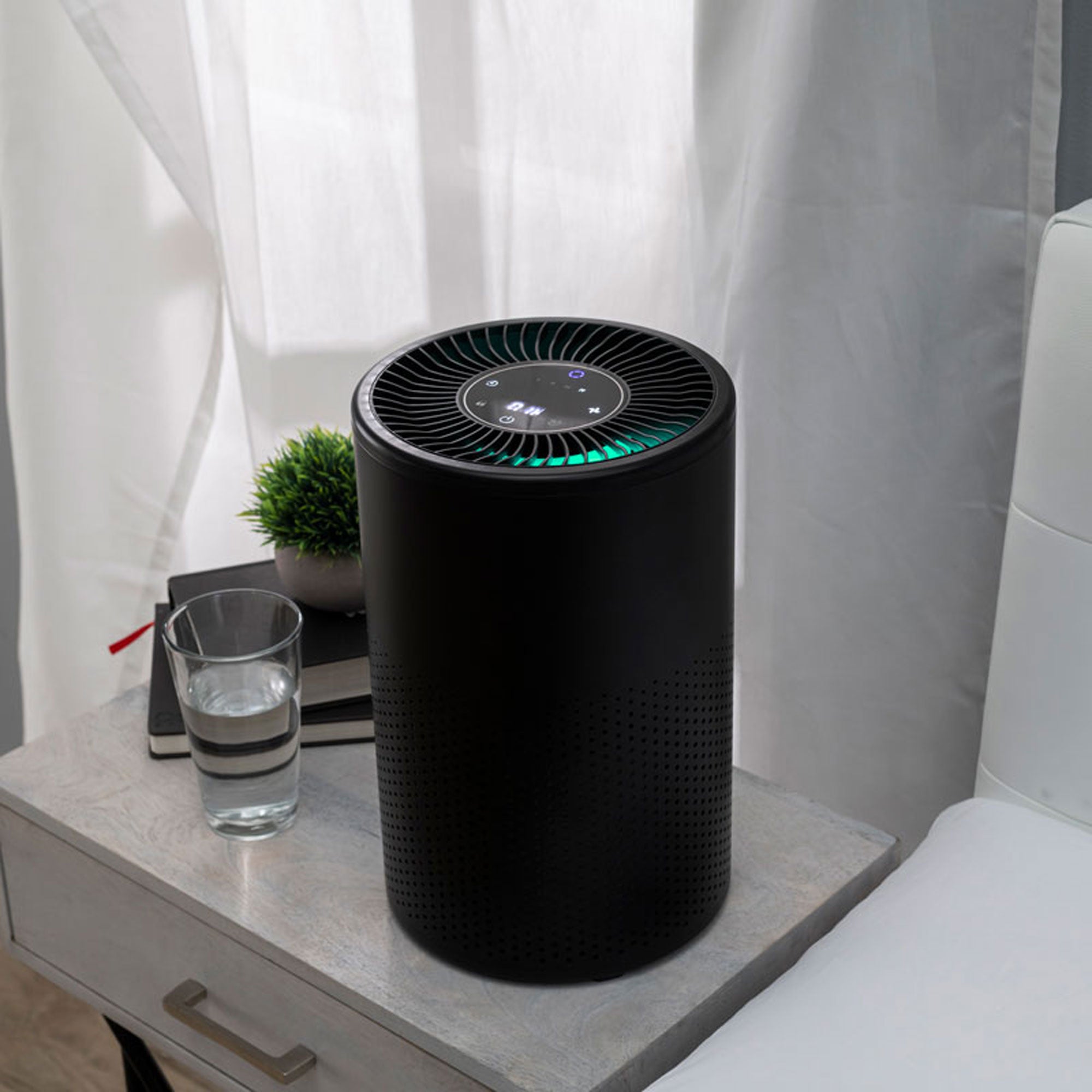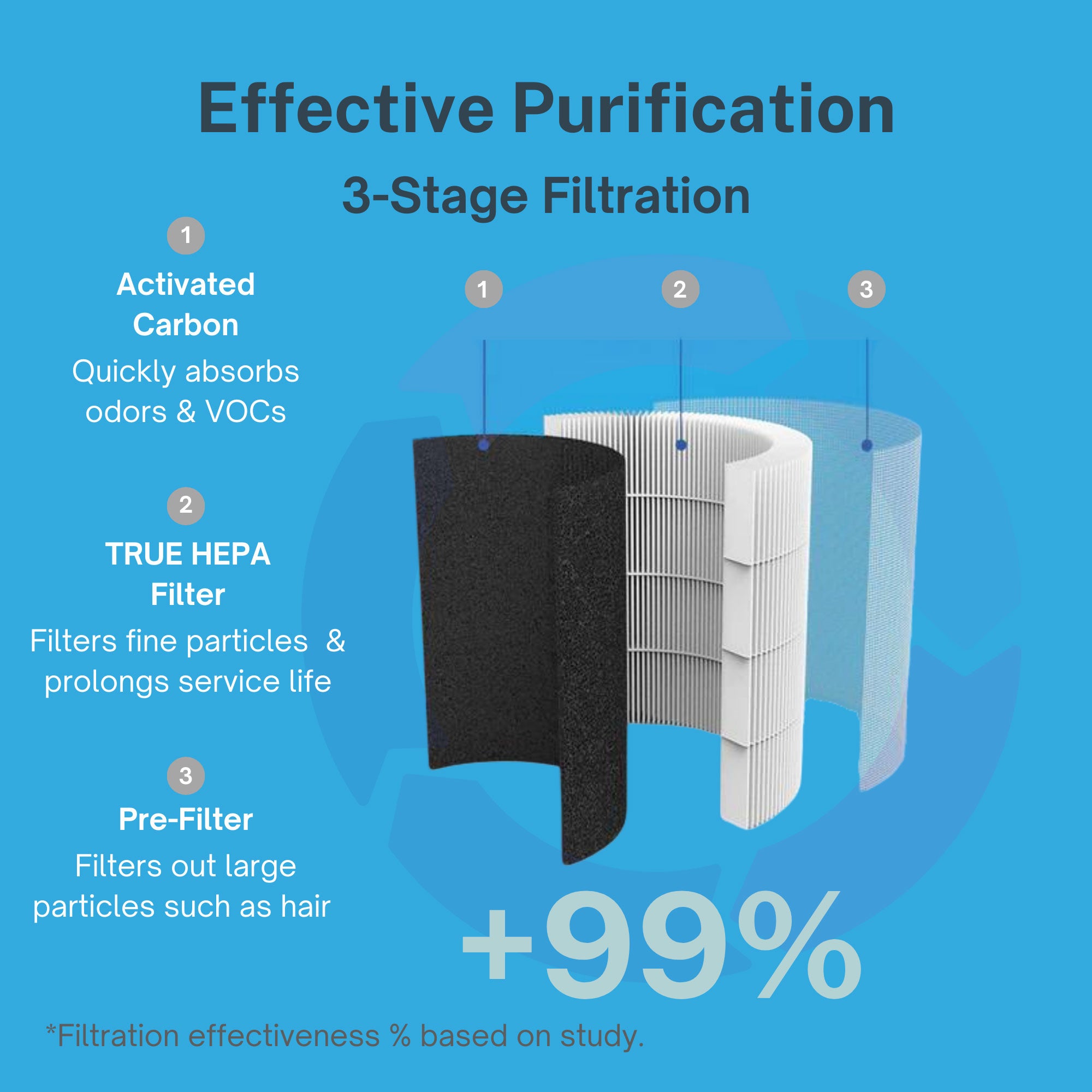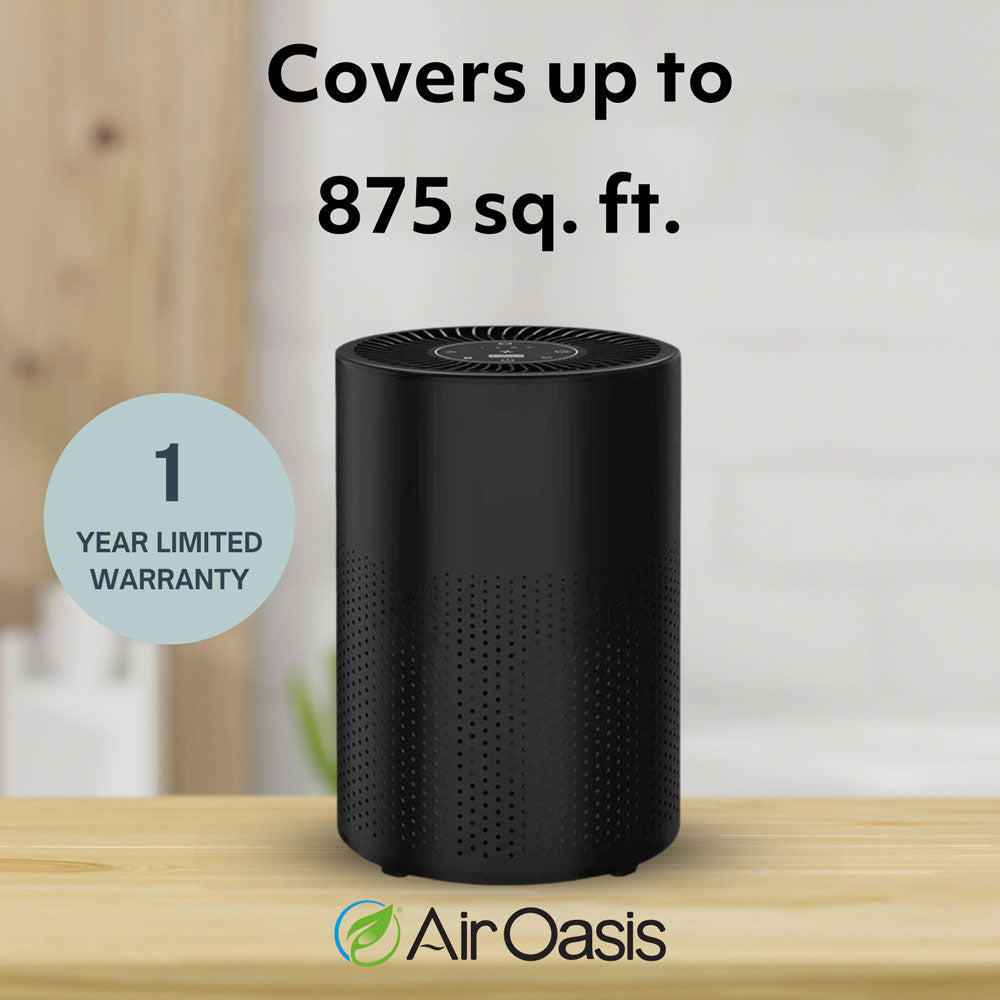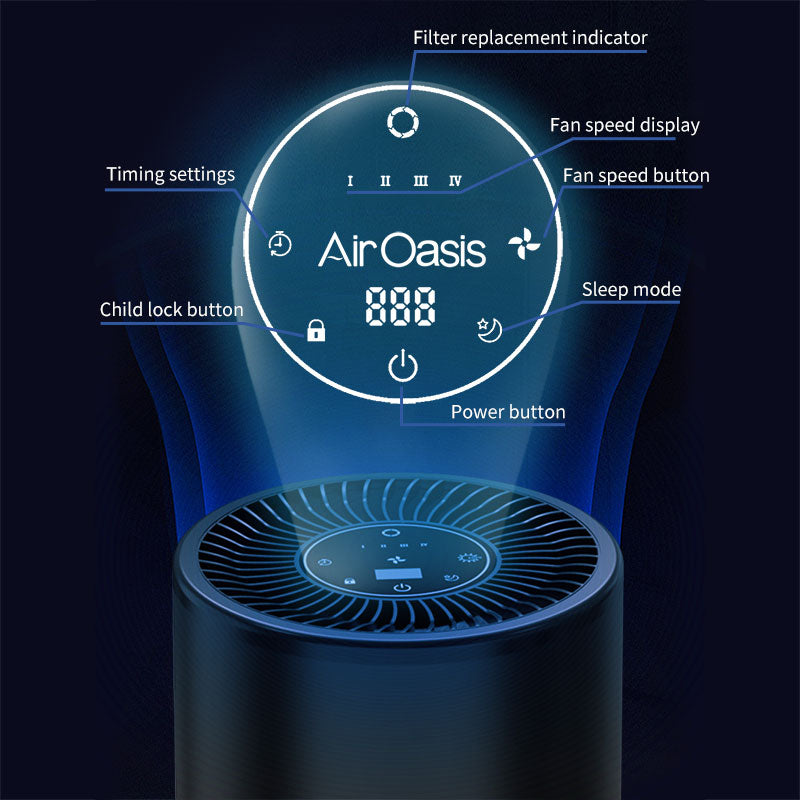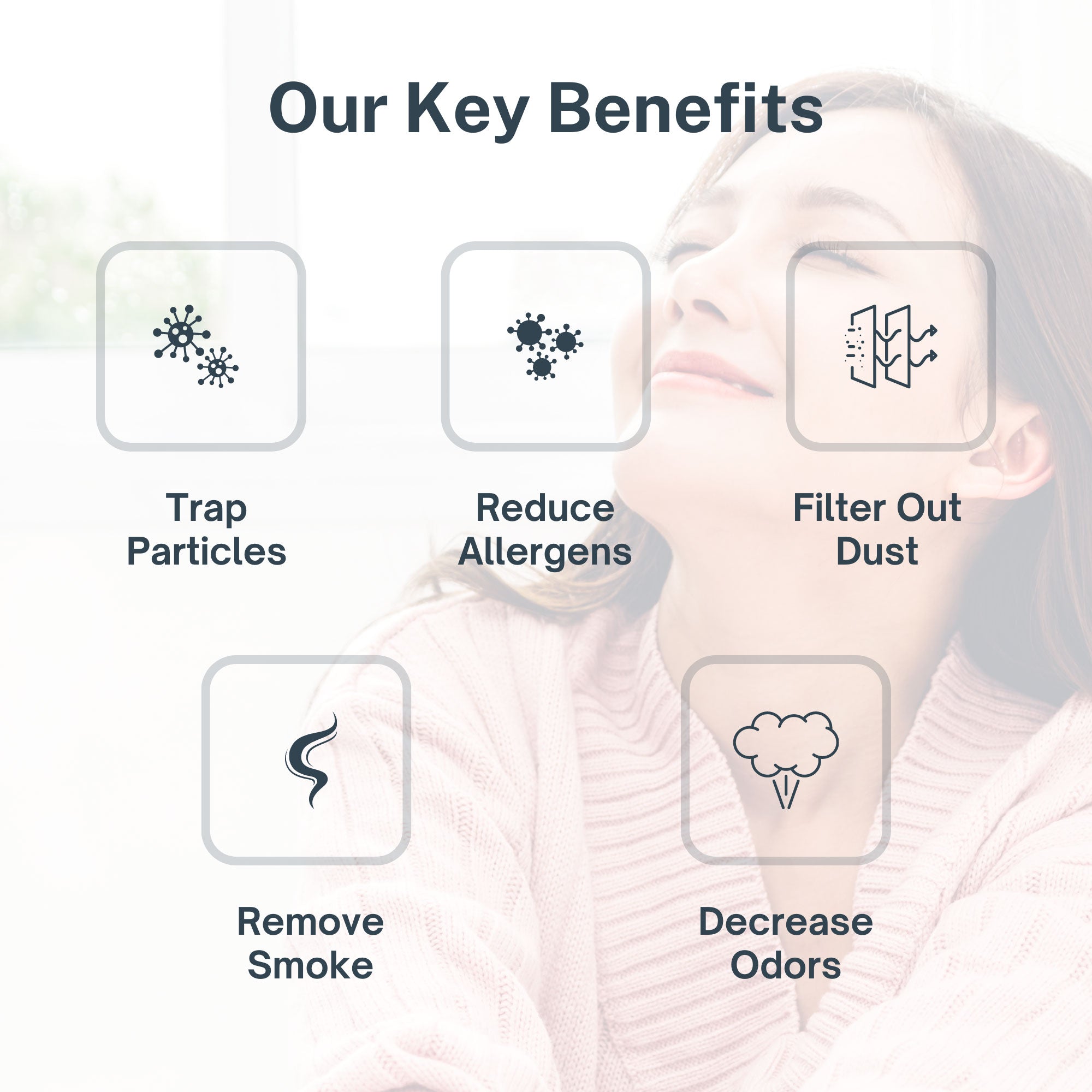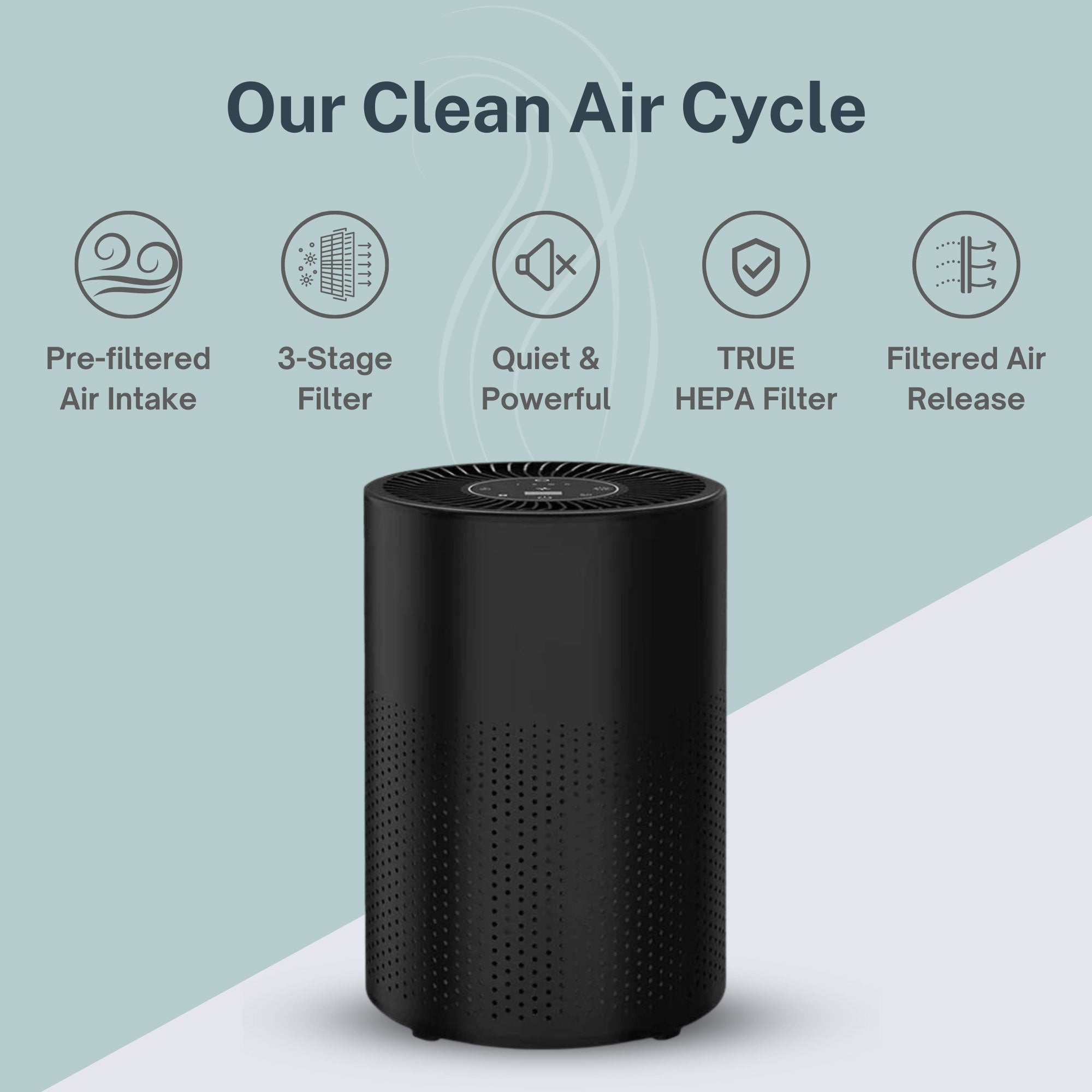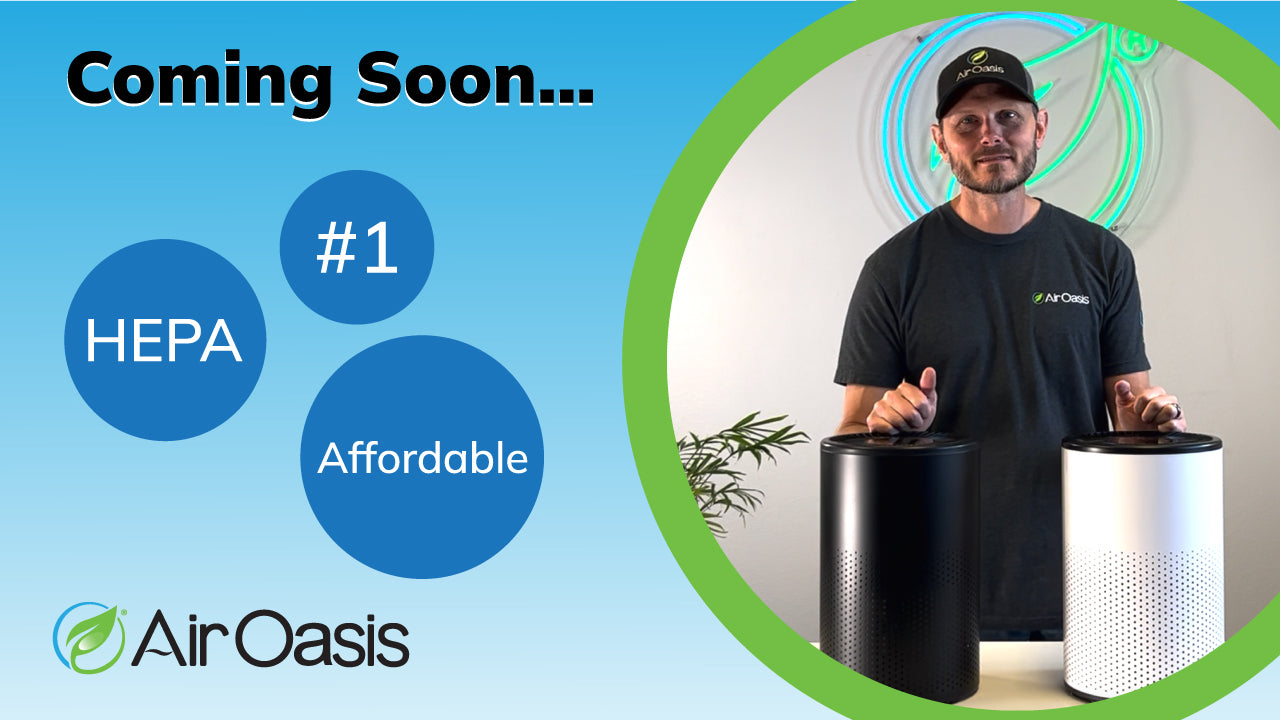Air pollution has emerged as one of the most serious threats to global health, ranking as the ninth leading cause of death and disability worldwide. With millions of deaths annually attributed to lung cancer, emphysema, heart disease, and respiratory infections caused by airborne toxins, protecting yourself from pollution-related health damage requires more than just avoiding polluted areas—it demands strategic nutritional choices that can actively combat these harmful effects at the cellular level.
The good news is that emerging research reveals specific foods can dramatically enhance your body's natural detoxification systems and reduce inflammation caused by air pollutants, providing powerful protection against the health consequences of breathing contaminated air.
The Devastating Health Impact of Air Pollution
Living in polluted urban environments creates measurable health risks that extend far beyond respiratory problems, affecting virtually every organ system in the body. Research comparing residents of polluted cities to those living in areas with cleaner air reveals alarming statistics that demonstrate the true scope of air pollution's health impact.
Exposure to polluted air increases mortality risk by 16 percent compared to breathing cleaner air. The cardiovascular system bears a particularly heavy burden, with polluted air exposure increasing cardiovascular death risk by 27 percent and heart attack risk by a staggering 75 percent.
Cancer risks also escalate dramatically with air pollution exposure, as contaminated air increases lung cancer death rates by 28 percent. These statistics represent real people whose lives are shortened by the invisible toxins they breathe daily, making air pollution one of the most preventable yet deadly health threats facing modern populations.
Beyond these headline-grabbing mortality statistics, air pollution exposure worsens or increases the risk of numerous other health conditions including asthma, liver disease, diabetes, cognitive decline, and immune system dysfunction. The inflammatory cascade triggered by airborne toxins affects cellular function throughout the body, creating health problems that may not manifest for years or decades after initial exposure.
How Air Pollutants Damage Your Body
Understanding how air pollutants create health damage reveals why certain foods can provide such powerful protection against their effects. When you inhale contaminated air, toxic particles and chemicals enter your bloodstream through your lungs, triggering inflammatory responses that damage tissues and organs throughout your body.
Fine particulate matter (PM2.5) and ultrafine particles can penetrate deep into lung tissue and cross into the bloodstream, carrying toxic compounds directly to vital organs including the heart, brain, liver, and kidneys. These particles act as vehicles for carcinogenic chemicals, heavy metals, and other toxins that accumulate in body tissues over time.
The inflammatory response triggered by air pollutants creates oxidative stress that damages cellular structures, depletes antioxidant reserves, and disrupts normal physiological processes. This chronic inflammation contributes to accelerated aging, increased disease risk, and reduced lifespan in exposed populations.
Air pollution also overwhelms the body's natural detoxification systems, particularly liver enzymes responsible for neutralizing and eliminating toxic compounds. When these systems become overburdened, toxins accumulate in tissues, creating long-term health problems that conventional medicine struggles to address effectively. The Air Oasis commitment to clean indoor air recognizes that reducing exposure through comprehensive air purification provides the foundation for protecting health from pollution-related damage.
The Cruciferous Vegetable Defense System
Cruciferous vegetables emerge as the most powerful dietary weapons against air pollution damage, containing unique compounds that dramatically enhance your body's ability to neutralize and eliminate airborne toxins. These vegetables—including broccoli, kale, cabbage, and Brussels sprouts—contain sulforaphane, a potent compound that activates detoxification enzymes and reduces inflammation caused by air pollutants.
Research demonstrates that consuming more than two cups of cruciferous vegetables daily reduces all-cause mortality risk by 20 percent compared to eating one-third cup or less. This protective effect stems from sulforaphane's ability to boost Phase II detoxification enzymes in the liver, enabling more efficient elimination of toxic compounds absorbed from polluted air.
Clinical studies reveal the remarkable protective power of cruciferous vegetables against air pollution damage. In one groundbreaking study, participants given broccoli sprout extract equivalent to one to two cups of fresh broccoli daily showed no inflammatory response to air pollutant exposure, while the control group experienced significant airway inflammation. Even more impressive, the protected group actually experienced reduced inflammation levels that persisted throughout the study period.
This research demonstrates that cruciferous vegetables don't just prevent pollution-related inflammation—they actively reverse it, providing therapeutic benefits that extend beyond simple prevention. The sulforaphane in these vegetables acts like a molecular switch, activating cellular defense systems that protect against oxidative damage and enhance toxin elimination pathways.
Antioxidant-Rich Foods: Your Pollution Protection Arsenal
Beyond cruciferous vegetables, a variety of antioxidant-rich foods provide powerful protection against air pollution damage by neutralizing the free radicals and oxidative stress that pollutants create in your body. These foods work synergistically to maintain cellular health and support your body's natural defense mechanisms against environmental toxins.
Berries, particularly blueberries, blackberries, and strawberries, contain anthocyanins and other antioxidants that protect against cardiovascular damage caused by air pollution. Studies show that regular berry consumption reduces inflammation markers and improves endothelial function in people exposed to polluted air.
Leafy green vegetables like spinach, arugula, and Swiss chard provide folate, vitamin C, and other nutrients that support detoxification pathways while reducing oxidative stress. These vegetables also contain nitrates that improve cardiovascular function and may help counteract the heart disease risks associated with air pollution exposure.
Omega-3 fatty acids from sources like wild-caught fish, walnuts, and flaxseeds provide anti-inflammatory effects that specifically counteract the inflammatory cascade triggered by air pollutant exposure. Regular consumption of omega-3 rich foods helps maintain healthy inflammatory responses even in highly polluted environments.
Strategic Meal Planning for Pollution Protection
Creating an effective anti-pollution diet requires strategic meal planning that incorporates protective foods throughout the day while ensuring adequate nutrient density to support optimal detoxification function. The goal is to provide your body with continuous protection against airborne toxins while enhancing elimination of accumulated pollutants.
Breakfast should include cruciferous vegetables through smoothies containing kale or broccoli sprouts, paired with antioxidant-rich berries and omega-3 sources like chia seeds or ground flaxseed. This combination provides immediate protection for the day ahead while supporting overnight detoxification processes.
Lunch and dinner meals should feature substantial portions of cruciferous vegetables prepared in ways that maximize sulforaphane availability. Lightly steamed broccoli, raw cabbage salads, and sautéed Brussels sprouts provide optimal levels of protective compounds while maintaining palatability and nutrient density.
The Air Oasis understanding of comprehensive health protection recognizes that combining clean indoor air with strategic nutrition provides the most effective approach to protecting health from pollution-related damage, as even the best diet cannot overcome the effects of continuous exposure to highly contaminated air.
Delicious Recipe Ideas for Pollution Protection
Detox Power Smoothie
- 1 cup kale or spinach
- 1/2 cup broccoli sprouts
- 1 cup mixed berries (blueberries, strawberries)
- 1 tablespoon ground flaxseed
- 1/2 avocado
- 1 cup unsweetened almond milk
- 1 teaspoon fresh ginger
Blend all ingredients until smooth. This antioxidant-packed smoothie provides sulforaphane, omega-3s, and powerful antioxidants to combat pollution damage while supporting detoxification pathways.
Anti-Inflammatory Buddha Bowl
- 2 cups massaged kale
- 1 cup roasted broccoli and cauliflower
- 1/2 cup shredded red cabbage
- 1/4 cup cooked quinoa
- 1/4 cup walnuts
- 2 tablespoons hemp seeds
- Tahini-lemon dressing
Combine all ingredients and drizzle with dressing made from tahini, lemon juice, garlic, and olive oil. This nutrient-dense bowl provides multiple cruciferous vegetables plus healthy fats and protein for sustained energy.
Pollution-Fighting Stir-Fry
- 2 cups broccoli florets
- 1 cup Brussels sprouts, halved
- 1 red bell pepper, sliced
- 1 cup snap peas
- 2 cloves garlic, minced
- 1 tablespoon fresh ginger
- 2 tablespoons coconut oil
- Wild-caught salmon or organic tofu
Quickly stir-fry vegetables in coconut oil with garlic and ginger. Add protein and cook until done. Serve over brown rice or cauliflower rice for a complete anti-pollution meal.
Detox Green Soup
- 4 cups vegetable broth
- 2 cups chopped kale
- 1 cup broccoli florets
- 1/2 cup Brussels sprouts
- 1 can white beans
- 1 avocado, diced
- Fresh herbs (parsley, cilantro)
- Lemon juice to taste
Simmer vegetables in broth until tender, add beans and heat through. Serve topped with avocado and fresh herbs. This warming soup provides concentrated nutrients while supporting hydration and detoxification.
Hydration and Additional Protective Strategies
Proper hydration plays a crucial role in supporting your body's ability to eliminate air pollution toxins, as adequate fluid intake ensures optimal kidney and liver function for toxin clearance. Pure, filtered water helps flush pollutants from your system while maintaining the cellular hydration necessary for effective detoxification processes.
Green tea provides additional protection through its high concentration of catechins, particularly EGCG, which enhances antioxidant activity and supports liver detoxification pathways. Regular green tea consumption has been associated with reduced inflammation markers in people exposed to air pollution.
Herbs and spices including turmeric, ginger, and garlic provide powerful anti-inflammatory compounds that complement the protective effects of cruciferous vegetables. Incorporating these ingredients into daily cooking enhances the overall anti-pollution potential of your diet while adding flavor and variety to meals.
Timing of meals can also influence protection levels, with consuming antioxidant-rich foods before anticipated high-pollution exposure providing optimal defense against inflammatory damage.
Building Your Personal Pollution Defense Strategy
Creating an effective defense against air pollution damage requires understanding that dietary protection works best when combined with other strategies including air purification, lifestyle modifications, and environmental awareness. No single approach provides complete protection, but strategic nutrition forms the foundation of comprehensive pollution defense.
The key to long-term success lies in making anti-pollution foods a regular part of your daily routine rather than occasional additions to your diet. Consistent consumption of protective nutrients maintains optimal detoxification capacity and provides continuous defense against the cumulative effects of pollution exposure.
Regular monitoring of local air quality conditions allows you to adjust your dietary strategy based on pollution levels, increasing protective food intake during high-pollution periods while maintaining baseline protection during cleaner air conditions.
Fortify Your Body Against Air Pollution
While you work to optimize your nutrition for pollution protection, don't forget that the air you breathe indoors matters just as much as what you eat. Combine your anti-pollution diet with comprehensive air purification to create the ultimate defense against airborne toxins. Shop Air Oasis today for advanced filtration systems that remove the pollutants your diet helps you eliminate.





